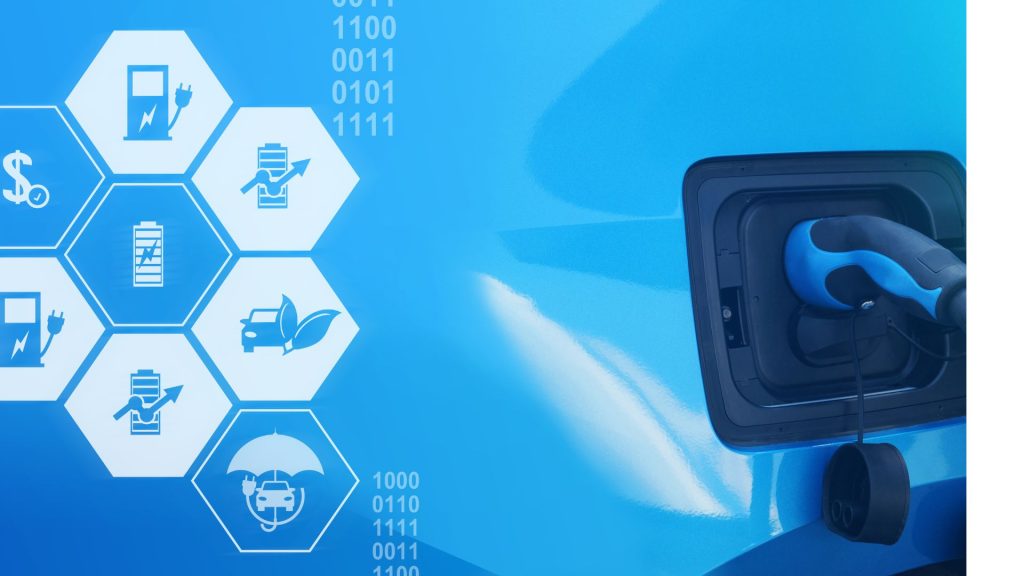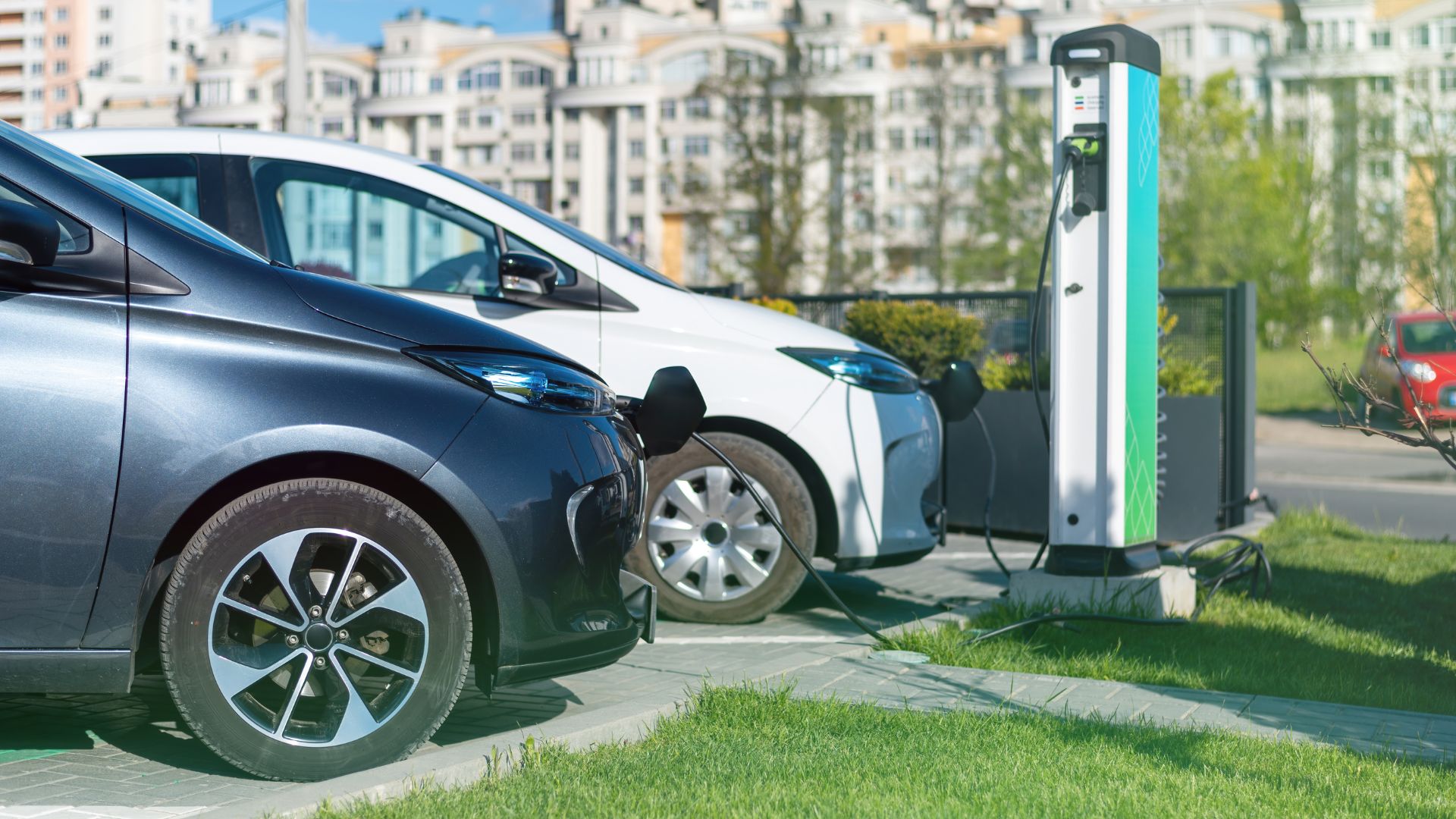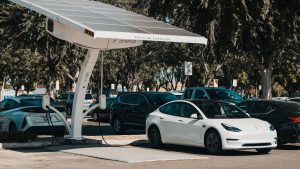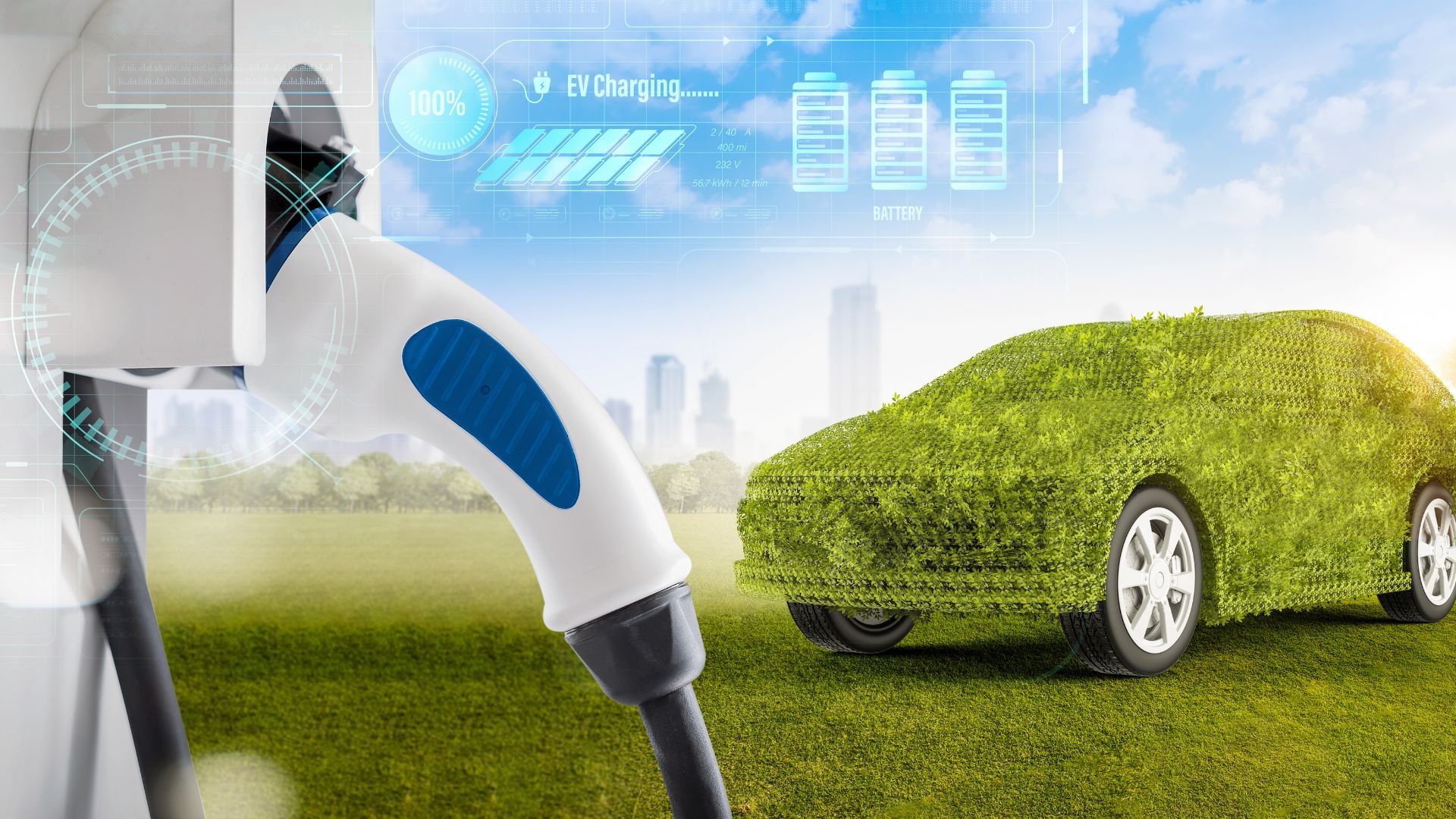Electric vehicles (EVs) are transforming the automotive landscape, emerging as a key solution to reduce greenhouse gas emissions and dependence on fossil fuels. The EV market has experienced rapid growth in recent years, driven by technological advancements, governmental policies, and changing consumer preferences. This article provides an overview of the current state of the EV market, highlighting key facts, data, and general information.
Market Growth and Trends
The global EV market has been expanding at an unprecedented rate. According to the International Energy Agency (IEA), the number of electric cars on the road surpassed 10 million in 2020, marking a 43% increase from the previous year. By 2023, this number has continued to grow, with projections estimating that EVs will account for about 30% of all vehicle sales by 2030.
Several factors contribute to this growth:
- Government Incentives: Many governments worldwide offer incentives such as tax credits, rebates, and subsidies to encourage EV adoption. Policies aimed at reducing carbon emissions and promoting clean energy play a significant role in driving EV market growth.
- Technological Advancements: Advances in battery technology have led to significant improvements in EV performance, range, and affordability. Lithium-ion batteries, the most common type used in EVs, have become more efficient and cost-effective, contributing to the overall appeal of electric vehicles.
- Infrastructure Development: The expansion of charging infrastructure is crucial for the widespread adoption of EVs. As more public and private charging stations become available, the convenience and feasibility of owning an electric vehicle increase.
- Environmental Awareness: Growing awareness of environmental issues and the impact of fossil fuel consumption on climate change has led consumers to seek greener alternatives. EVs offer a cleaner and more sustainable option compared to traditional internal combustion engine vehicles.
Key Players in the Market
Several companies have emerged as leaders in the electric vehicle market:
- Tesla: Often
 considered a pioneer in the EV industry, Tesla continues to dominate the market with its innovative designs and cutting-edge technology. The Model 3, Model S, Model X, and Model Y are among the best-selling electric cars globally.
considered a pioneer in the EV industry, Tesla continues to dominate the market with its innovative designs and cutting-edge technology. The Model 3, Model S, Model X, and Model Y are among the best-selling electric cars globally. - Nissan: The Nissan Leaf is one of the most popular and affordable electric cars, known for its reliability and efficiency.
- BMW: BMW’s i series, including the i3 and i8, combines luxury with sustainability, offering high-performance electric vehicles.
- Volkswagen: With its ID series, Volkswagen aims to make electric mobility accessible to a broader audience, contributing significantly to the EV market’s growth.
Economic Impact
The rise of the EV market has significant economic implications. It stimulates job creation in various sectors, including manufacturing, research and development, and infrastructure development. The transition to electric vehicles also encourages investments in renewable energy and battery technologies, driving economic growth and innovation.
Environmental Benefits
Electric vehicles offer substantial environmental benefits compared to traditional fossil-fuel vehicles. They produce zero tailpipe emissions, reducing air pollution and contributing to improved public health. Moreover, when powered by renewable energy sources, EVs can further reduce carbon footprints, supporting global efforts to combat climate change.
Challenges and Future Outlook
Despite the rapid growth and numerous benefits, the EV market faces several challenges:
- Battery Production: The production of EV batteries requires significant resources, including rare earth metals, which can have environmental and ethical implications.
- Charging Infrastructure: While charging infrastructure is expanding, it still needs to keep pace with the growing number of EVs to ensure convenience and accessibility for all users.
- Initial Cost: Although the cost of EVs is decreasing, the initial purchase price remains higher than that of traditional vehicles. However, lower operating and maintenance costs can offset this over the vehicle’s lifetime.
Looking ahead, the electric vehicle market is poised for continued growth and innovation. Advances in battery technology, increased investments in charging infrastructure, and supportive government policies are expected to drive the market forward. As the world shifts towards more sustainable transportation solutions, electric vehicles will play a crucial role in shaping the future of mobility.






